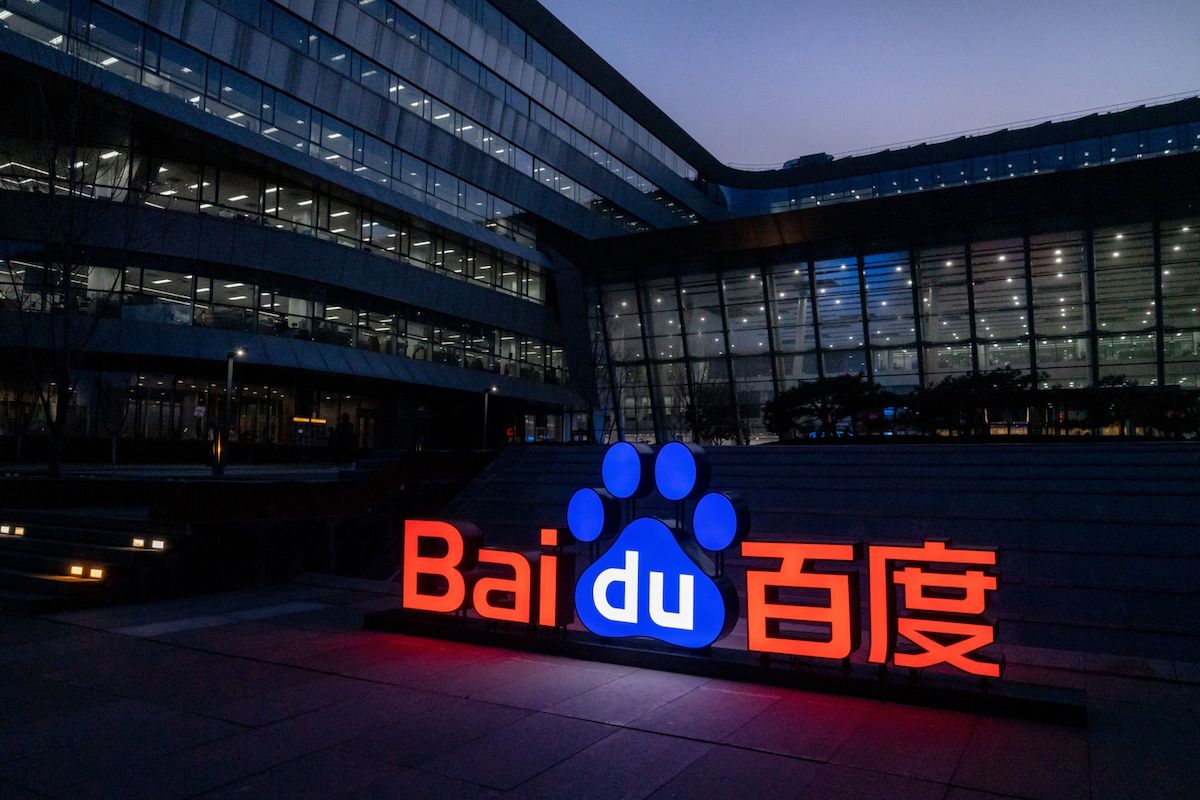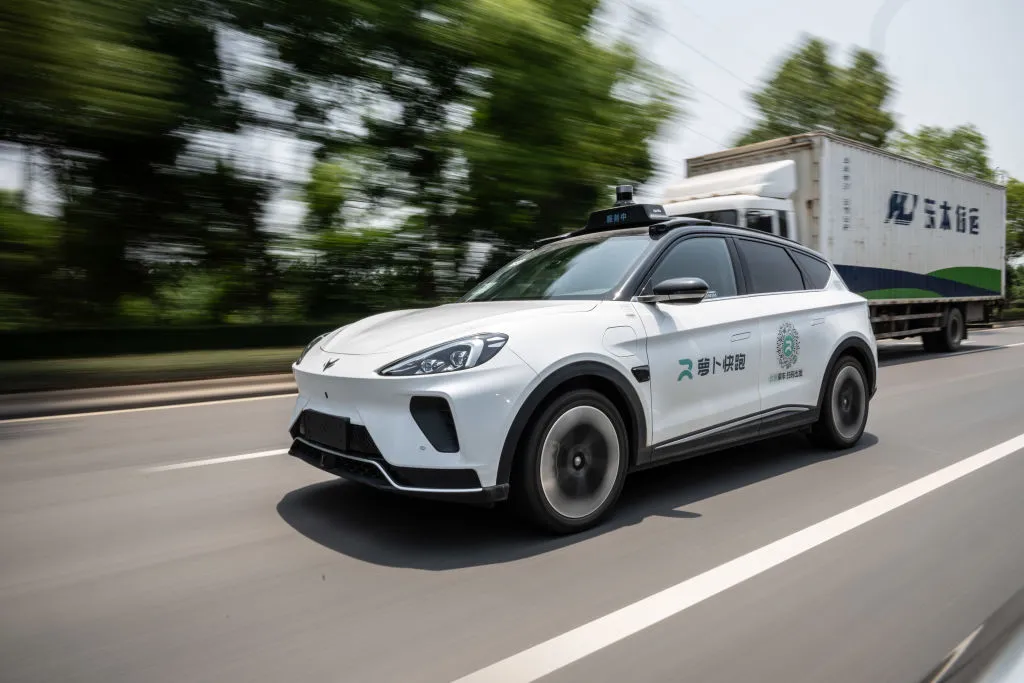
China’s rapid adoption of autonomous driving technology is not generating the expected optimism for Baidu Inc., as analysts struggle to identify a new growth catalyst for the company.
Baidu’s shares, which initially surged following the announcement of its ride-hailing expansion with fully self-driving cars in Wuhan, have nearly erased their gains. Analysts are now reducing the average 12-month target price for Baidu’s stock to an all-time low, indicating a potential continuation of its year-to-date decline.

Kai Wang, an analyst at Morningstar, remarked, “The stock price has not priced in robotaxi potential. But to be honest, it shouldn’t right now either, because no one really knows how successful it will be, nor do they know about future government policy towards the technology. Mass commercialisation is still like three to five years away.”
The main concern is whether Baidu’s new growth plans can quickly offset its weak advertising revenues, especially amid uncertainty about pending regulations and consumer demand. Market competition and a weak macro environment also pose challenges.
Autonomous driving and machine learning are key components of Baidu’s broader AI ambitions. Its autonomous ride-hailing service, “Apollo Go,” launched a budget robotaxi model in May and aims to be profitable by next year. Baidu is expanding this service beyond Wuhan to other Chinese cities and has signed an agreement with Tesla Inc. to integrate its maps into Tesla’s self-driving systems.
Despite these efforts, market analysts remain skeptical. Robert Lea, a Bloomberg Intelligence analyst, noted last month that Baidu might lose market share in AI due to a price war, predicting a double-digit sequential decline in earnings this year due to continued losses in its AI ventures.
JPMorgan Chase & Co analysts, including Alex Yao, highlighted concerns with Baidu’s robotaxi operations in Shanghai, revealing significant financial losses. They argued that discounts offered by Baidu make the strategy commercially unviable.
Over the past two weeks, at least seven brokers, including Goldman Sachs Group Inc. and Morgan Stanley, have reduced their target prices for Baidu.
In Wuhan, Baidu’s operations face increasing scrutiny from local media, with concerns about rising unemployment among taxi drivers and the safety of self-driving cars in complex traffic situations.
Nonetheless, China’s potential driverless ride-hailing market remains promising. According to Goldman Sachs, China currently has about four to five million ride-hailing cars. If 5% of these cars switch to self-driving vehicles and offer pricing similar to normal taxis, it could create a US$5 billion market.
Recently, six cities or provinces have announced trials to promote autonomous driving, which could increase demand.
Baidu’s next potential catalyst will be its earnings report next month. The company is expected to report a 1.2% revenue growth for the second quarter, matching the slow pace of the previous quarter. After a brief spike in bullish option contracts following the Wuhan expansion announcement, trading volume has since declined.
Robert Lea of Bloomberg Intelligence commented, “Robotaxis are unlikely to generate any significant revenue or earnings for Baidu over the next few years. The technology is high-risk and remains in an immature stage, with developmental hurdles yet to overcome.”
| Analyst | Firm | Target Price Reduction |
|---|---|---|
| Kai Wang | Morningstar | Yes |
| Robert Lea | Bloomberg Intelligence | Yes |
| Alex Yao | JPMorgan Chase & Co | Yes |
| Goldman Sachs | – | Yes |
| Morgan Stanley | – | Yes |
Featured Image courtesy of The Edge Singapore
Follow us for more updates on Baidu.
